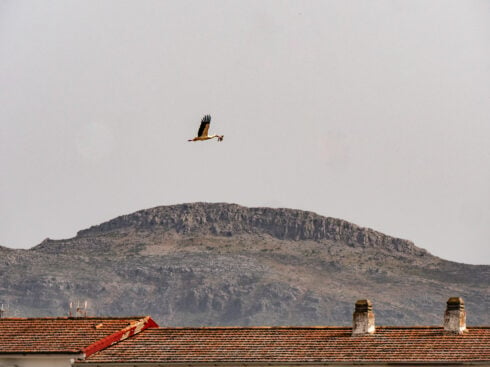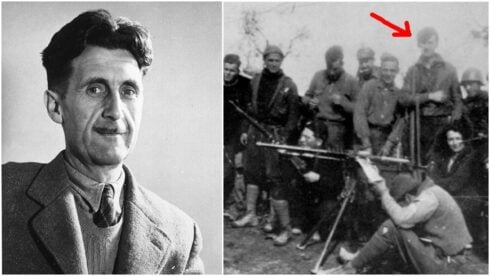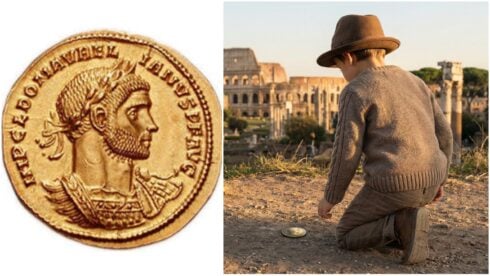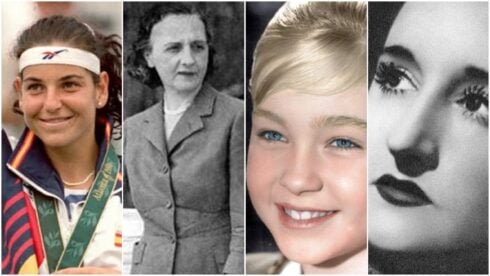September 1529 – Destruction of ‘Spiritu Santo’
The native Indians who inhabited what is now Argentina destroyed the Spanish settlement named Spiritu Santo. In other words, the building of Spain’s empire in South America didn’t always go smoothly.
1730 – The Timanfaya Eruption
Today it seems obvious what volcanoes are: points where internal pressures escape from inside the Earth. But this is a modern understanding. When Timanfaya erupted on Lanzarote in the Canary Islands, people were caught completely by surprise. It was the first ‘modern’ volcanic eruption in the Canaries. Witnesses described, with awe, a plume of fire, rivers of lava, and thousands of dead fish washed up on the beaches.
1804 – Birth of Mariana Pineda
Mariana Pineda was born in Granada. Today we associate censorship with private or adult matters, but in the 1800s, it was used to silence ideas like democracy and liberty. As a young woman, Mariana joined a pro-freedom group and stitched a “freedom flag”. Incredibly, she was prosecuted and found guilty. On 26 May 1831, she was executed by garrote—a unique Spanish form of capital punishment involving a metal band tightened around the neck. Before she died, her flag was burned before her eyes.
1983 – Birth of Iñaki Lejarreta
Iñaki Lejarreta was born in Bérriz, near Bilbao. Two quick notes:
- His name marks him as Basque—“Iñaki” would be “Ignacio” in Castilian.
- Cycling is a huge sport in continental Europe, far more so than in the UK.
Lejarreta became one of Spain’s most celebrated cyclists—like the Daley Thompson of Spanish cycling. Tragically, in 2012, at the height of his fame, he was struck and killed by a car while training on the road.
2003 – Death of Ramón Serrano Suñer
Ramón Serrano Suñer died just 11 days short of his 103rd birthday. An accomplished lawyer and early member of Spain’s parliament, he is best remembered (or infamous) as General Franco’s brother-in-law. The Spanish even coined a term for this kind of advantage: cuñadismo, or “brother-in-law-ness”.
Serrano was widely seen as more intelligent than Franco and played a key role in shaping Spain’s early dictatorship. But his push for closer ties with Hitler led to his removal from power.
Despite this, he left a major legacy: ONCE, the national organisation for the blind, which still runs Spain’s lottery system and remains a pillar of social support today.
2006 – Spain Sends Troops to Lebanon
Spain’s deployment of troops to Lebanon in 2006 marked a turning point. While British readers are familiar with peacekeeping missions, Spain had remained mostly isolated from global conflicts for two centuries. The country was absent from both World Wars, and joining NATO was a significant shift.
Now, young Spanish soldiers were expected to patrol Beirut and Kosovo, and risk their lives in international conflicts. Was it the right move? That’s still up for debate—but it marked Spain’s emergence as a mature and committed global actor.
Click here to read more La Cultura News from The Olive Press.








